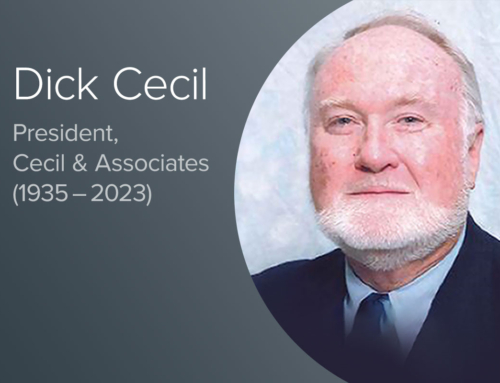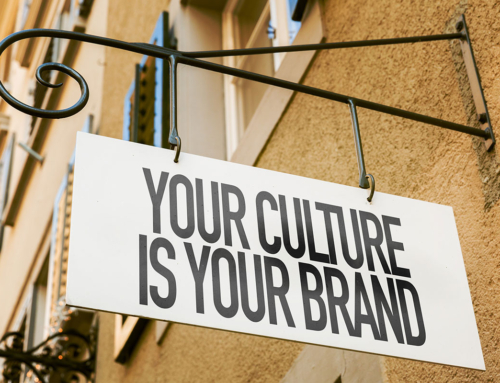Traditionally a day rife with corporate-sponsored pranks, this April Fools’ Day presented some important lessons on how to appropriately address humor in these difficult times.
In 2020, April 1 fell shortly after the onset of the COVID-19 pandemic in the United States. Consumers were surrounded by fear and uncertainty after the first few weeks of staying at home, and let’s be honest, really just worried about where to get their next roll of toilet paper. It seemed to be universally accepted that celebrating April Fools’ Day would be inappropriate.
While the first quarter of 2021 has revealed light at the end of the tunnel, we are still in the grips of a global pandemic, unemployment and civil unrest abound, and, inexplicably, another toilet paper shortage looms. So, is humor in advertising still taboo?
Some brands clearly thought that to be the case. There were far fewer corporate-sponsored April Fools’ pranks than in pre-pandemic years. Both Google and T-Mobile decided early on that they would not be participating in any foolery this year out of respect for those battling COVID-19. Word got out about Google’s decision through a leaked internal document, which was later confirmed. T-Mobile took it a step further and launched an anti-April Fools’ campaign #GiveThanksNotPranks, raising money for much-needed school supplies. Several other brands, including Motorola, Mattress Firm and Sleep.com, joined the movement by adopting the hashtag and vowing to donate to causes instead of expending their resources on pranks.
Most of the brands that chose to celebrate April Fools’ this year were reserved. Tongue-in-cheek social media posts and videos were the medium of choice. The overly elaborate schemes of years past were mostly absent. Instead of trying to trick people, brands seemed to be simply offering their consumers something to laugh about amidst all the bad news, often while openly acknowledging that what they were posting was a gag. A few of these well-received antics included:
- TaskRabbit released a video announcing a new service that allowed customers to book a bunny along with their Tasker. This fake offering was paired with a very real promise to donate a portion of their April 1 proceeds to rabbit rescues.
- Velveeta launched a new line of creamy skincare products.
- BMW vowed to take a cue from Apple’s philosophy and eliminate vehicle turn signals.
- Bud Light eliminated the need to choose between pizza or seltzer.
- LEGO announced SmartBricks, something everyone with young children now dream of.
- Green Giant and Peeps issued a joint press release about their surprising new product (is it wrong that I would eat these?).
- Duolingo offered to turn your bathroom into a language-learning classroom.
There was notably one brand that took April Fools’ too far, garnering a staggering amount of negative press for itself. Volkswagen announced several days before April 1 that as part of their ongoing commitment to electric vehicles, they would be rebranding as Voltswagen. Consumers got excited, VW’s stock prices rose and media outlets all over reported the positive change. When the timing of the announcement caused a few people to pause and question whether this was an elaborate prank, VW assured that their commitment to the environment was very real. It seemed like an appropriate step for an auto manufacturer that, just six years ago, was embroiled in an emissions scandal. However, on April 1, VW revealed that the announcement had in fact been a joke, leaving consumers (and reporters) feeling cheated and bitter.
At the end of day, April Fools’ left marketers with several lessons for how to effectively employ humor during 2021:
- Do good. We’ve seen an increase in cause marketing since the pandemic started, and those brands that incorporated philanthropic efforts into their April Fools’ jokes (or lack thereof) stood out.
- Bring smiles. With as tough as the past year’s been on us all, straight-forward, good-natured humor is not only welcomed, but needed.
- Play well with others. When two or more brands join together for a campaign, consumers take notice.
- Be honest. There’s no tolerance for trickery right now. We’re all under enough stress as is.








